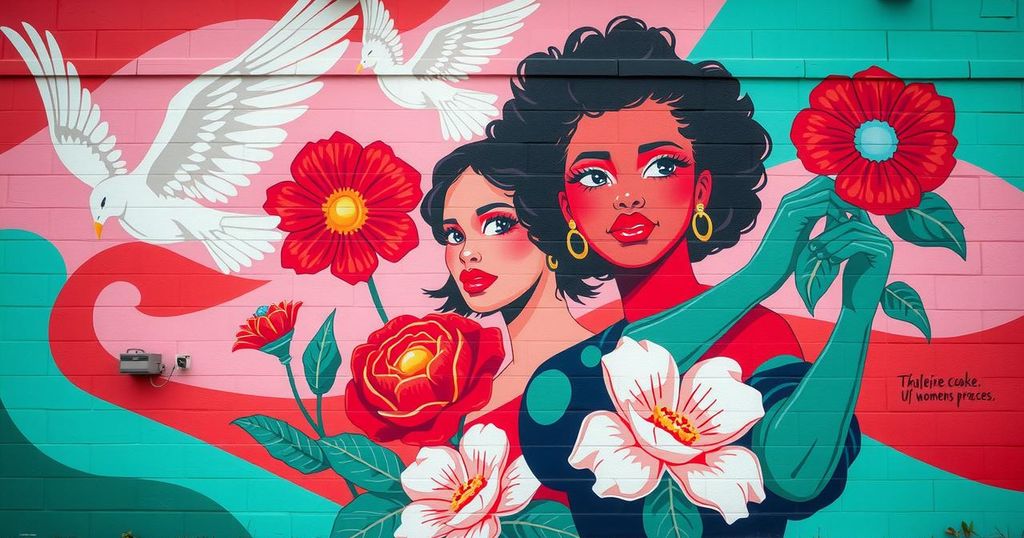Iran is experiencing a severe economic crisis that has disproportionately affected women, particularly those in marginalized communities like Sistan and Baluchestan. Despite growing numbers of female politicians, women continue to confront dire economic hardships and systemic discrimination. The “Women, Life, Freedom” movement has sparked a cultural shift, empowering women to fight for their rights against an oppressive regime.
Iran is currently grappling with a severe economic crisis stemming from corruption, mismanagement, and international sanctions. Following the reinstatement of the “maximum pressure” campaign by President Donald Trump, the country’s economy has further deteriorated. Narges, a 36-year-old artist from Sistan and Baluchestan, remarked, “We can clearly feel that we are getting poorer from month to month,” reflecting the sharp decline in living standards.
Women, particularly in Sistan and Baluchestan, have suffered disproportionately during this crisis. Many work in precarious jobs, with limited customer bases. Narges indicated, “Many of us work either in the service sector or in small craft businesses. Their income from online sales is vital for their families.” This situation is exacerbated by ongoing discrimination faced by the Baloch minority.
The economic condition has forced women to take charge of family finances, often prioritizing their family’s needs over their own. Narges noted that the recent economic downturn has pushed more families into poverty. Under President Masoud Pezeshkian, the Iranian currency has lost half its value in under a year, causing soaring inflation that adversely affects basic living costs. Union activist Simin Yaqoubian stated that many working women, especially single mothers, are facing acute existential crises as they struggle to secure their livelihoods.
Despite claims of increased representation in politics, the material reality for many women remains grim. Yaqoubian questioned, “What concrete improvements has this brought for women?” The female labor force participation in Iran is at a starkly low rate of 14.38%, significantly lagging behind other nations. Economic hardship means many women are losing jobs, as highlighted by Maryam, whose health condition led to her dismissal from work.
Moreover, women’s rights activists face increasing state repression. Marzieh Mohebi, a lawyer who previously led the NGO Sora Women Lawyers Association to support women in need, fled Iran due to government oppression despite her organization’s positive impact. She reflected on their contributions, stating, “Over 250 female lawyers were active… We offered hope to many women.”
The ongoing “Women, Life, Freedom” movement has emerged as a powerful symbol against oppression, particularly following the death of Jina Mahsa Amini in police custody. This incident sparked mass protests and a cultural shift, as more women forgo the compulsory hijab. Even in traditionally conservative areas, like Baluchestan, societal attitudes are starting to shift toward greater empowerment for women. Narges noted, “The situation of women in Baluchestan was never comparable to that in the cities, but we are observing a change.”
The movement’s influence continues to inspire many women across Iran, transforming their fight for autonomy and rights in the wake of adversity. This struggle highlights the resilience of Iranian women as they navigate through societal and economic barriers.
In conclusion, women in Iran, particularly in regions like Sistan and Baluchestan, are courageously fighting for their rights amid a deepening economic crisis and systemic discrimination. The ongoing “Women, Life, Freedom” movement symbolizes their resistance against oppression and a shift towards greater societal acceptance. Despite the significant challenges they face, the actions and voices of these women highlight their resilience and determination for a better future.
Original Source: www.dw.com






